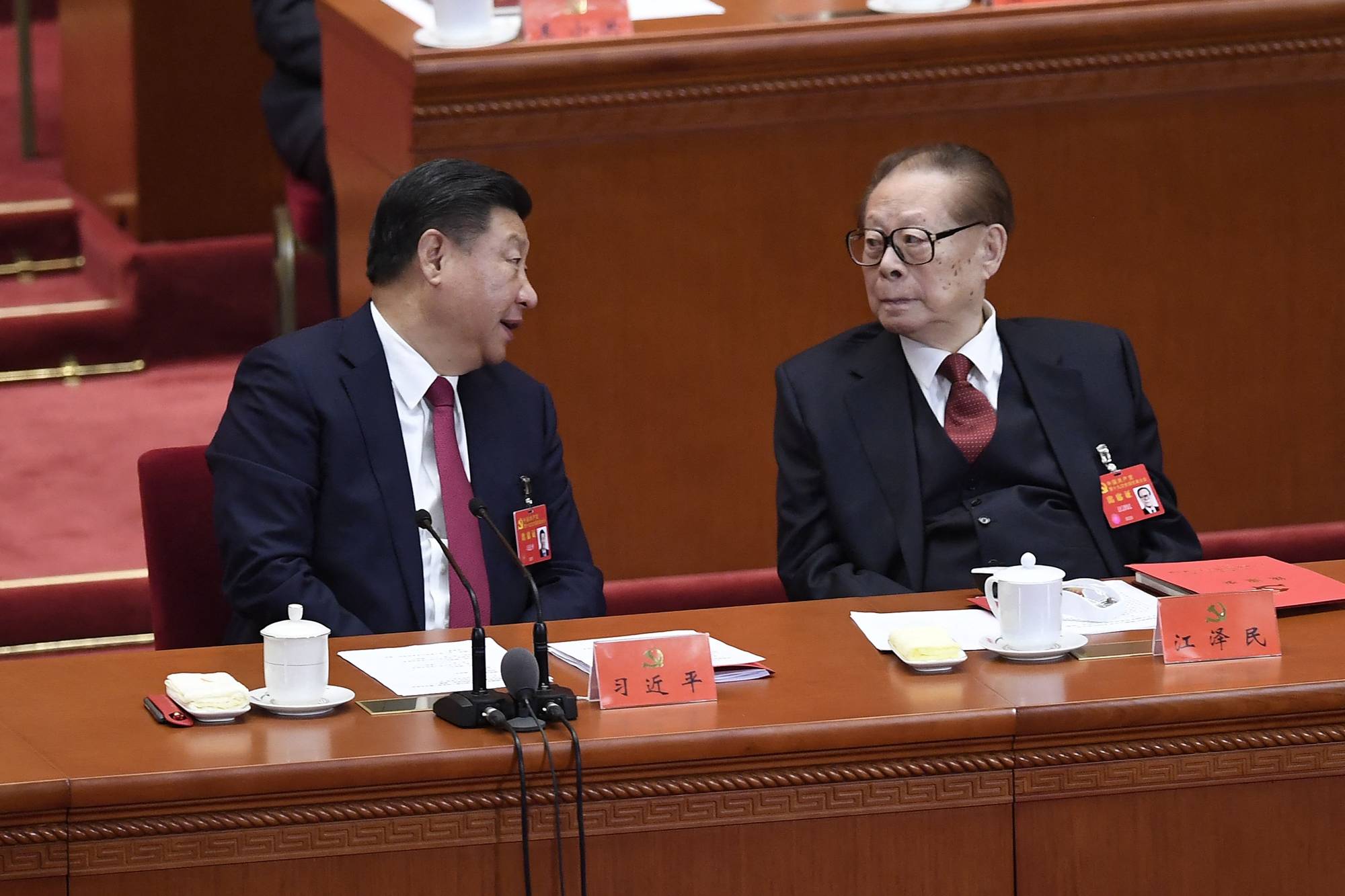The deaths of Chinese Communist leaders are always fraught moments of political theater and especially so now with the passing of Jiang Zemin soon after a wave of public defiance on a scale unseen since Jiang came to power in 1989.
China’s sternly autocratic current leader, Xi Jinping, must preside over the mourning for Jiang, who died Wednesday at 96, while he also grapples with widespread protests against China’s exceptionally stringent COVID-19 restrictions. The demonstrations have at times also boldly called for China to return to the path of political liberalization that seemed at least thinkable, even openly discussable, under Jiang during the 1990s.
How Xi orchestrates that feat — paying tribute to Jiang while preventing him from becoming a symbolic cudgel against Xi’s politics — will be another challenge for him in the coming weeks, as China tries to manage rising coronavirus cases and an economic slowdown.



















With your current subscription plan you can comment on stories. However, before writing your first comment, please create a display name in the Profile section of your subscriber account page.